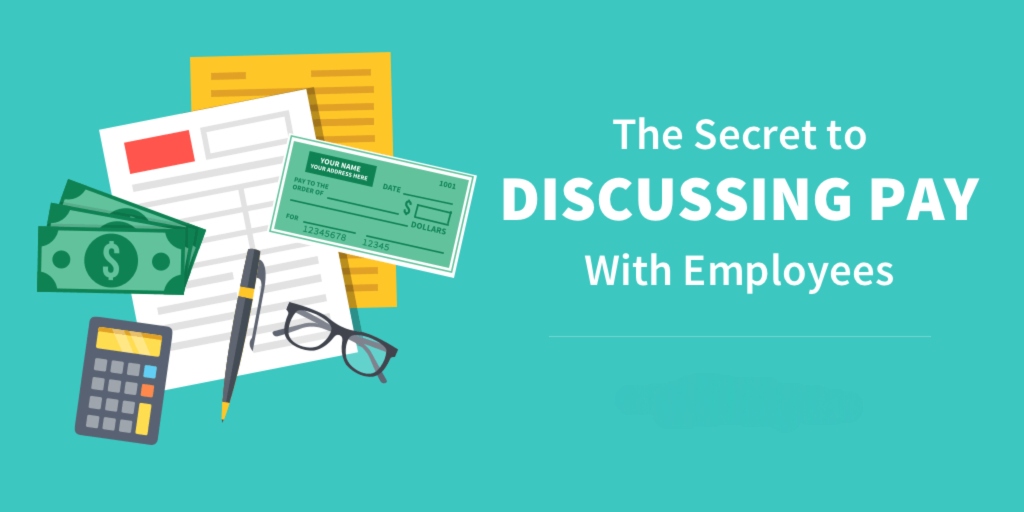
Navigating salary expectation questions during an interview is a critical skill for any job seeker. How you address this question can influence not only your chances of landing the job but also the terms of your compensation. Salary discussions require a balance of confidence, preparation, and professionalism. By demonstrating an understanding of your value and aligning your expectations with the employer’s budget, you can establish a positive foundation for employment negotiations. This article provides a comprehensive guide to help you respond effectively and ensure these discussions work in your favor.
Understanding the Employer’s Perspective

Employers ask about salary expectations for several reasons. First, they need to ensure your compensation requirements align with the budget allocated for the role. Companies often work within strict financial constraints, and understanding your expectations helps them determine if there’s a potential match. Additionally, your response provides insight into how you perceive your value and market worth. A candidate who can articulate well-researched and reasonable expectations signals professionalism and self-awareness. Employers also use this question to gauge your priorities and flexibility. For example, if you show openness to discussing the overall package, including benefits and bonuses, it may indicate that you value long-term collaboration and are not solely fixated on the salary figure.
Researching Industry Standards
Thorough research is the foundation of any salary discussion. Before attending an interview, take the time to investigate salary ranges for similar roles within your industry and geographic area. Online tools such as Glassdoor, Payscale, and Indeed’s salary calculator provide valuable benchmarks. Additionally, industry-specific reports or networking with professionals in your field can give deeper insights into compensation norms. This research allows you to establish a realistic salary range that reflects both your qualifications and the market demand. Furthermore, understanding industry trends can help you anticipate factors that influence salary levels, such as economic shifts, skill shortages, or company size. Armed with this knowledge, you’ll be prepared to confidently discuss your expectations and justify them with credible data.
Reflecting on Your Value

In addition to researching industry standards, it’s important to evaluate your unique qualifications and experience. Start by assessing your education, certifications, years of experience, and specialized skills. Consider the impact you have made in previous roles, such as increasing revenue, streamlining processes, or managing successful projects. For example, if you have a rare technical certification or a track record of exceeding targets, you can position yourself at the higher end of the salary range. Reflecting on your value also involves understanding how your skills align with the employer’s needs. Demonstrating that you can contribute to the company’s goals strengthens your case for a competitive salary.
Formulating Your Response
When preparing to answer salary expectation questions, a thoughtful and strategic approach is key. One effective tactic is to provide a salary range rather than a fixed number. For instance, saying, “Based on my research and experience, I believe a salary range between £50,000 and £55,000 is appropriate,” demonstrates flexibility while giving employers a clear idea of your expectations. It’s important to anchor your range in the research you’ve conducted and the value you bring to the role. Alternatively, expressing openness to negotiation can signal adaptability. For example, you might say, “I am open to discussing compensation in the context of the full benefits package and job responsibilities,” which highlights your collaborative mindset while leaving room for further discussion.
Timing Your Discussion

Salary discussions are most effective when they occur at the right stage of the interview process. Ideally, let the employer initiate this topic. Early in the process, your focus should be on demonstrating your qualifications and understanding the role’s requirements. If asked about salary expectations early on, consider deferring the conversation until you have a complete understanding of the job’s responsibilities. A response like, “I’d like to learn more about the role and the team before discussing salary,” allows you to gather context and present a more informed answer later. Timing your discussion strategically ensures that your expectations align with the job’s demands and the value you bring.
Communicating with Confidence
Confidence is crucial when discussing salary. Clearly articulating your expectations, backed by research and self-assessment, reflects professionalism and preparedness. Avoid appearing hesitant or uncertain, as this may undermine your credibility. Instead, maintain steady eye contact, use a calm and assertive tone, and present your figures with clarity. Confidence in your delivery signals that you know your worth and are serious about securing fair compensation. Additionally, confidence helps establish a positive tone for the conversation, making it more likely that the employer will view your expectations favorably.
Considering the Complete Compensation Package
Salary is just one component of a compensation package, and it’s essential to evaluate the full scope of benefits offered by the employer. In addition to the base salary, consider factors like performance bonuses, health insurance, pension contributions, stock options, and professional development opportunities. For instance, a role offering a slightly lower base salary but including generous retirement benefits, flexible working arrangements, and additional vacation days may provide greater long-term value. When discussing salary, expressing interest in the full package shows that you’re thinking holistically about the offer and your overall well-being. It also demonstrates maturity and an understanding of how total compensation contributes to financial and career stability.
Preparing for Negotiation
Be ready to negotiate if the employer’s initial offer doesn’t meet your expectations. Approach the conversation with a collaborative mindset, aiming for a win-win outcome. Use your research and self-assessment to justify your counteroffer, and be prepared to discuss why you’re worth the amount you’re requesting. For example, you might say, “Based on my experience and the market data, I believe a salary closer to £53,000 reflects my value to the company.” Flexibility is also important; if the employer cannot meet your desired salary, consider negotiating for additional benefits or perks as part of the package. For instance, you might request professional development funding, additional vacation days, or performance-based bonuses to enhance the overall value of the offer.
Conclusion
Answering salary expectation questions professionally is a skill that can greatly enhance your job search success. By understanding the employer’s perspective, conducting thorough research, and confidently presenting your value, you can navigate these discussions effectively. Timing your response strategically, considering the complete compensation package, and preparing for negotiation are key steps in securing a fair and satisfying offer. With the right approach, you can ensure that salary discussions lead to positive outcomes and set the stage for a strong working relationship.


